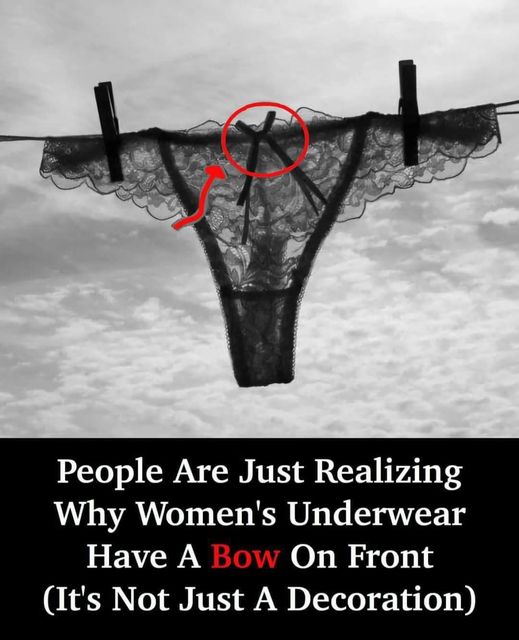Underwear, an essential yet overlooked part of our wardrobe, has piqued the curiosity of many. While most of us don’t dwell on the details of our undergarments, one element stands out—the little bow often found on the front of women’s underwear. This article uncovers the history and meaning behind this seemingly decorative feature, revealing a connection to a much earlier time.
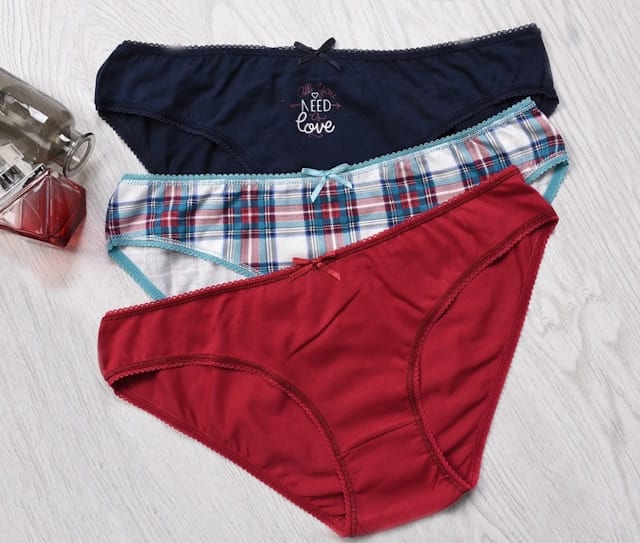
The bow’s origins trace back to an era long before the invention of elastic fabric. Surprisingly, this bow wasn’t just added for aesthetic reasons—it once had a vital function, offering a practical solution in a time when underwear required more support.
Before elastic, drawstring ribbons were used to keep underwear in place, with the bow at the front securing these ribbons. These drawstrings were threaded through lace or eyelets at the top of undergarments to prevent them from slipping down. This practical technique was essential in an age where innovative ways were needed to secure undergarments.
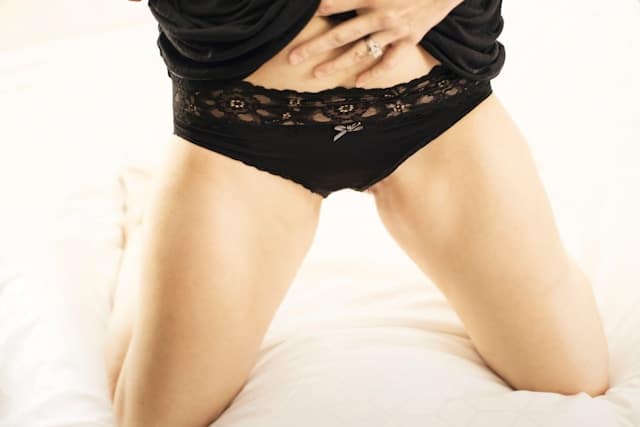
In today’s world, the bow is often seen as a symbol of femininity and cuteness. Reddit users have discussed its appeal, describing it as both “cute” and “feminine.” Yet, the bow isn’t just about aesthetics—it also serves a useful purpose. Its placement at the front helps wearers easily identify the correct side, especially when dressing in a hurry or low light. This mix of practicality and beauty helps explain why the bow remains popular in women’s underwear.
To fully appreciate the significance of the bow, it’s worth considering the evolution of women’s undergarments. Historical records of underwear are rare, as these delicate garments haven’t always survived the test of time. Before the 15th century, much of what we know about women’s undergarments came from artwork and writings, which hint at the use of petticoats, chemises, and corsets.
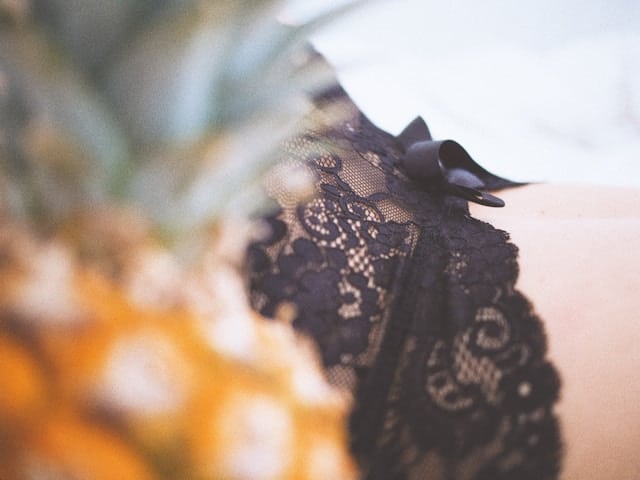
In the 1800s, women’s underwear began to evolve, with plain drawers transforming into more elaborate designs featuring lace and other decorations. The drawstring bow remained a fixture, even as elastic materials gradually replaced the need for such closures.
Over time, the drawstring bow shifted from being a necessity to becoming a fashion statement. Today, the bow on women’s underwear is a nod to its history, while continuing to offer a touch of elegance. Though the need for functional drawstrings has faded, the bow’s decorative charm endures, captivating both wearers and designers.
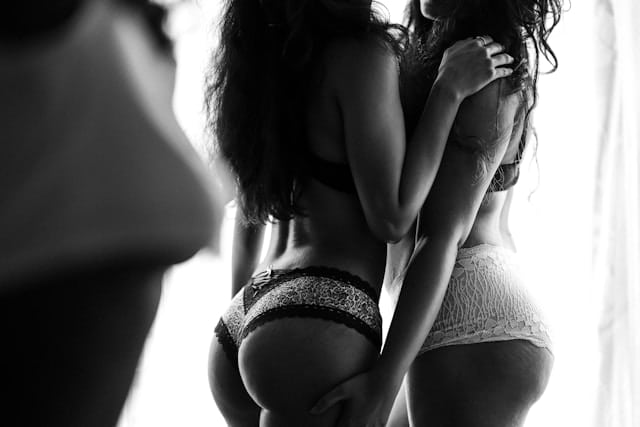
The bow on women’s underwear is a perfect example of how practicality and style can come together. Its origins, rooted in a time before elastic, provide a glimpse into the creative ways people solved everyday problems. At the same time, its modern-day appeal lies in its timeless elegance and feminine touch.
Although historical evidence surrounding women’s underwear is limited, the continued presence of the bow highlights its enduring significance. So, the next time you notice a small bow on a pair of underwear, remember the rich history it represents—from its practical beginnings to its role as a lasting fashion detail.
